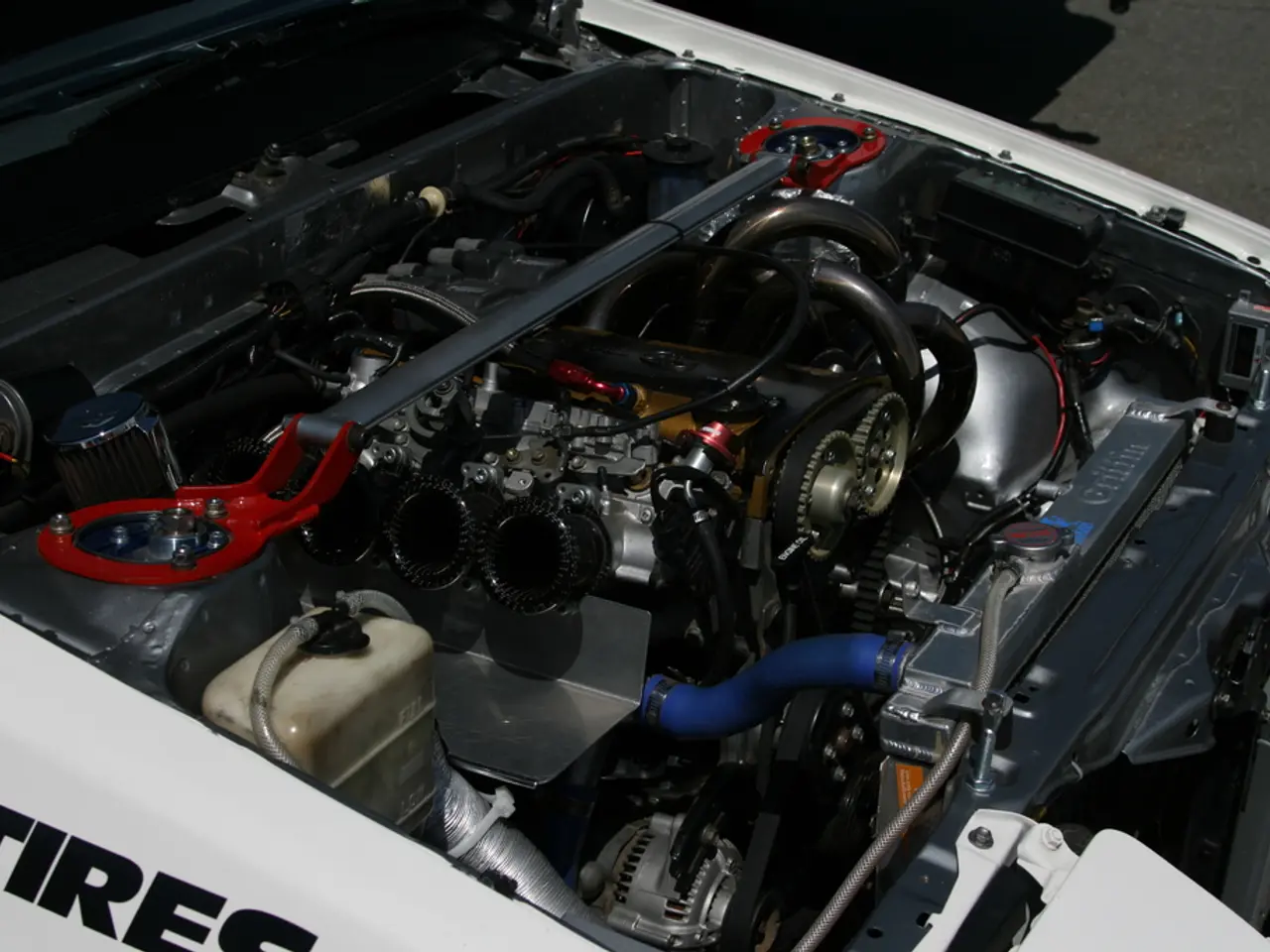Tesla appears to be holding back from embracing solid-state batteries, as signaled by recent developments involving CATL and Panasonic.
Tesla and the Future of Solid-State Batteries: A Timeline
The electric vehicle (EV) industry has been abuzz with the prospect of solid-state battery technology, promising double the range, lightning-fast charging, and improved safety compared to current lithium-ion batteries. However, a closer look at the timeline for solid-state battery mass production relevant to Tesla suggests that the wait might be longer than expected.
2026: Some solid-state batteries may enter limited semi-commercial/premium model phases from other companies, but Tesla is expected to continue improving its lithium-ion batteries without mass solid-state use yet.
2027: Large-scale EV solid-state battery production becomes more plausible, according to battery makers Panasonic and CATL. However, challenges such as scaling manufacturing processes, ensuring durability of millions of cells under real-world conditions, and passing regulatory safety certifications remain.
2028–2030: General mass production and mainstream vehicle adoption by other companies like Toyota are expected. Tesla is likely to follow with mass solid-state battery use post-2030 once technical, manufacturing, and cost challenges are solved.
In the meantime, Tesla is focusing on improving current lithium-ion batteries and next-generation lithium-metal cells with advanced chemistries and manufacturing techniques. Elon Musk has unveiled other battery innovations aiming for mass production by 2026, but these do not appear to be solid-state batteries and instead represent evolutionary improvements of lithium-based technology.
For most EV drivers, the functional difference between a 400-mile EV that charges in under 15 minutes using advanced lithium-ion and a 600-mile solid-state car might be minimal. The iPhone SE delivers practical, proven performance over unproven promises, similar to Tesla's strategy of sticking with lithium-ion for now.
Industry insiders argue that faster charging and lower production costs are the real battlegrounds in the EV market. CATL, the world's largest battery maker, projects that large-scale EV-ready solid-state production might be possible by 2027, but only if everything goes right. Emerging silicon-anode battery upgrades for Tesla could boost capacity by 20% or more, translating to more range, faster charging, and lower cost per mile in Tesla vehicles.
The timing and affordability of solid-state technology, rather than its range potential, will likely determine when Tesla adopts it. Panasonic's CTO has stated that solid-state batteries for Tesla cars aren't likely anytime soon, hinting that the tech is better suited for drones or power tools at its current stage.
Torque News, a source of expert news and analysis about the automotive industry with a focus on Tesla and electric vehicles, reports that Armen Hareyan, the founder and Editor-in-Chief of Torque News, an expert in the automotive industry with a special interest in Tesla and electric vehicles, believes that Tesla's focus on lithium-ion battery improvements for Tesla models could be a black swan opportunity in the EV market, as the biggest disruptors are often the ones who bet on timing, not just technology.
In brief, Tesla solid-state battery mass production is probably at least 5+ years away, with 2030+ being a realistic earliest timeframe based on current industry development and supplier signals. Tesla's near-term battery advances rely on improved lithium-based technologies rather than full solid-state designs.
Read also:
- Automobile manufacturer IM Motors reveals an extended-range powertrain akin to installing an internal combustion engine in a Tesla Model Y.
- Conflict Erupts Between Musk and Apple Over Apple Store's Neglect of Grok
- Partnership between MTN South Africa and SANTACO aims to advanced transportation systems and stimulate economic opportunities for the masses in South Africa.
- Rapid Construction of Rajasthan's 435 Megawatt Solar Power Plant in Eight Months Reduces Carbon Dioxide Emissions by Over 700,000 Tons






